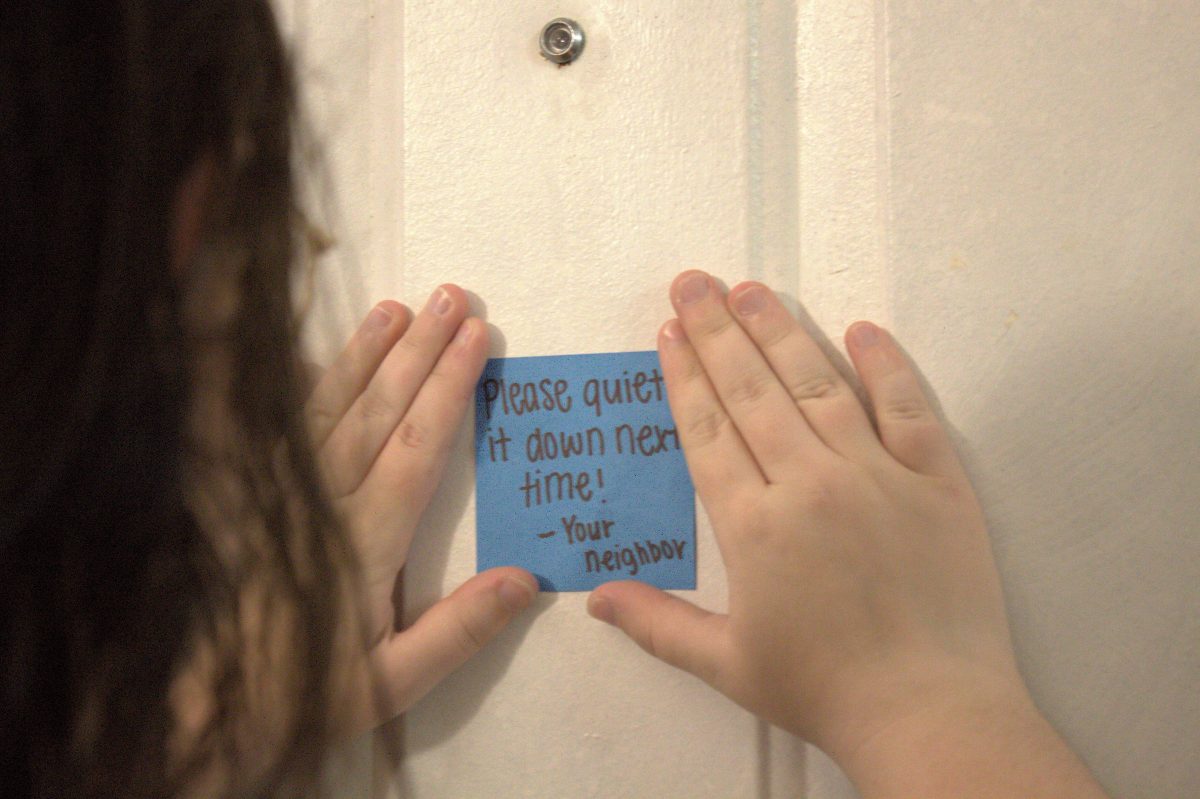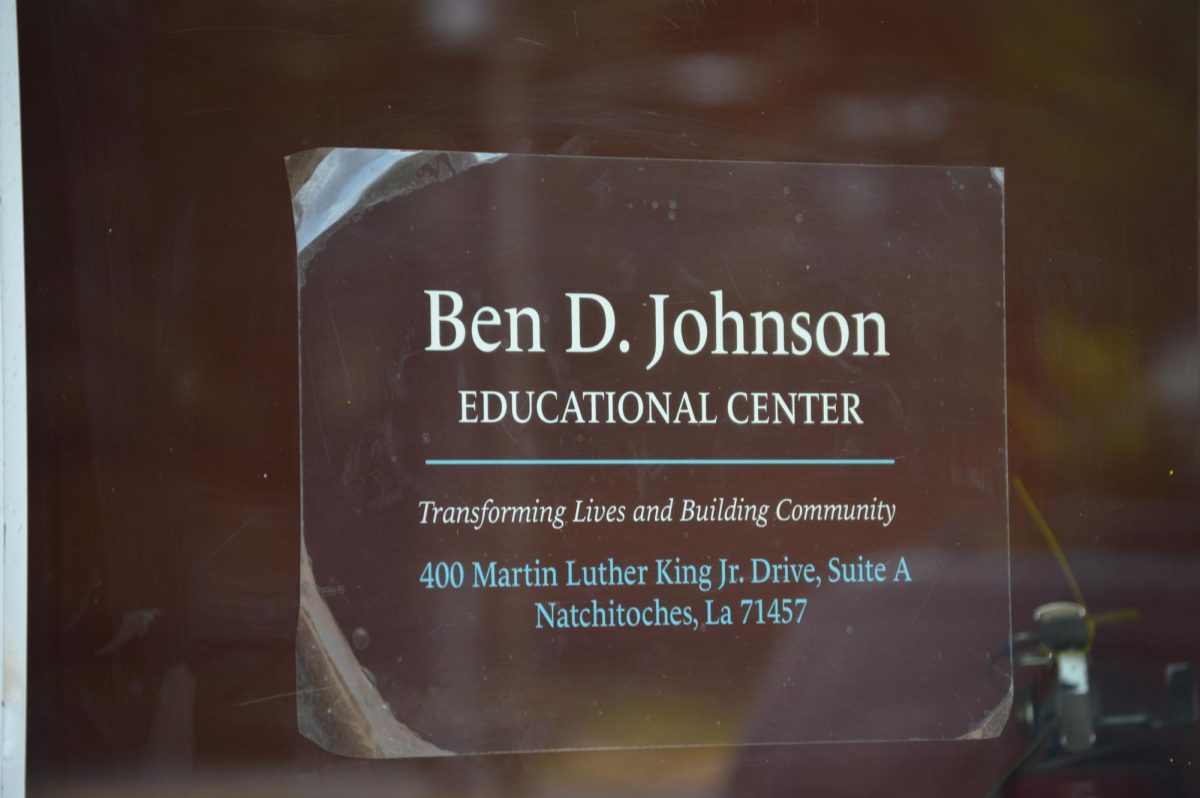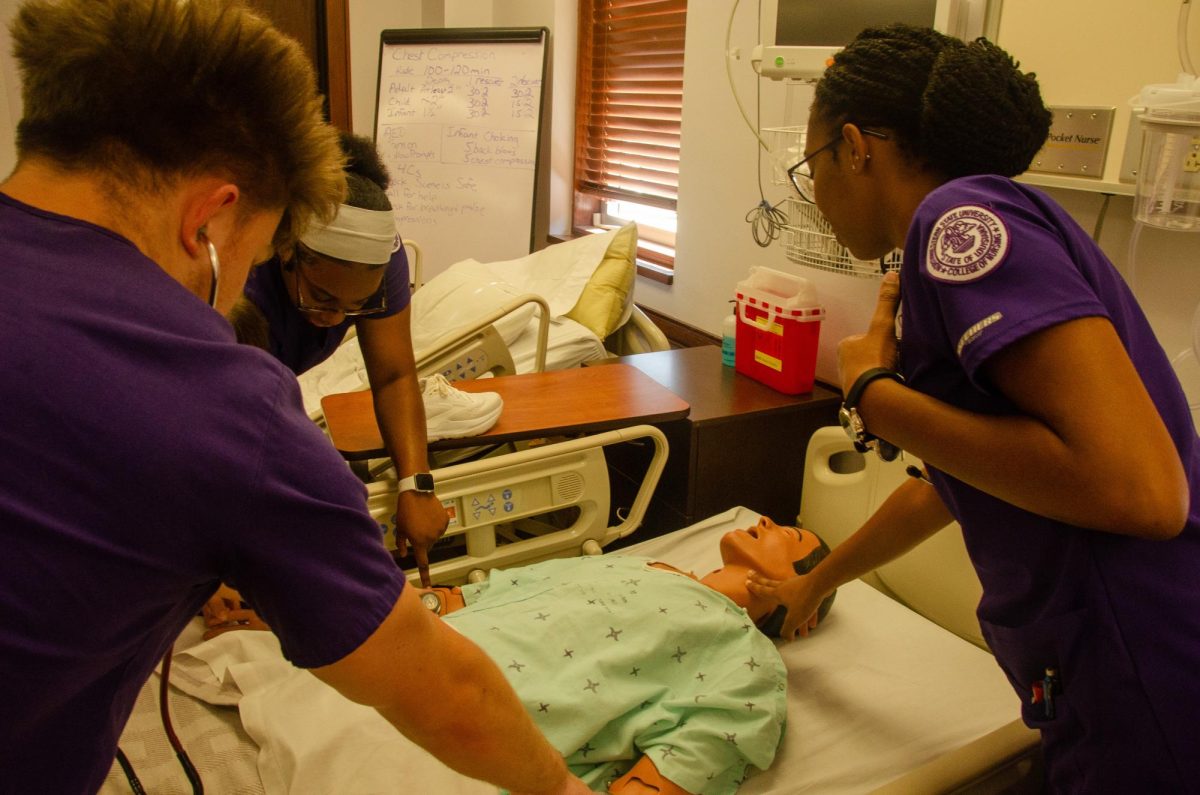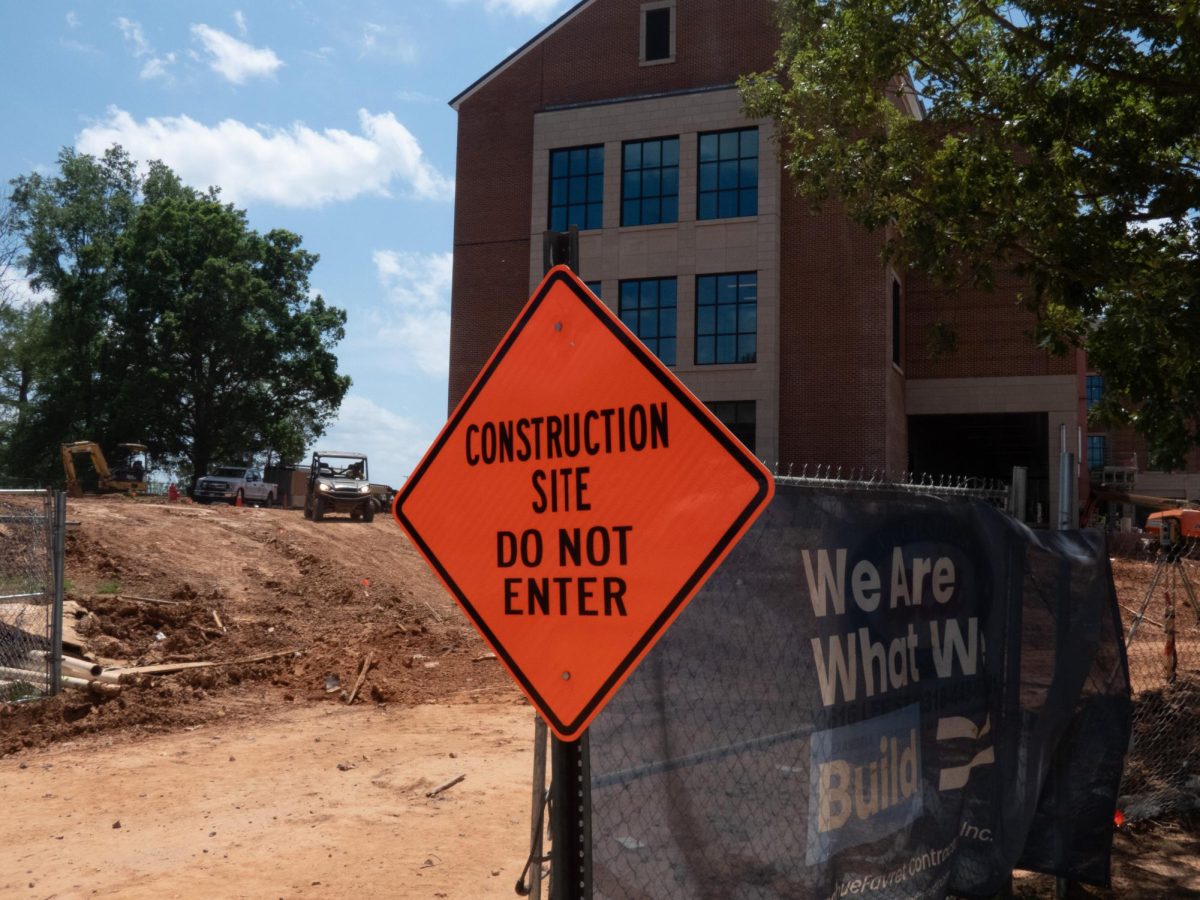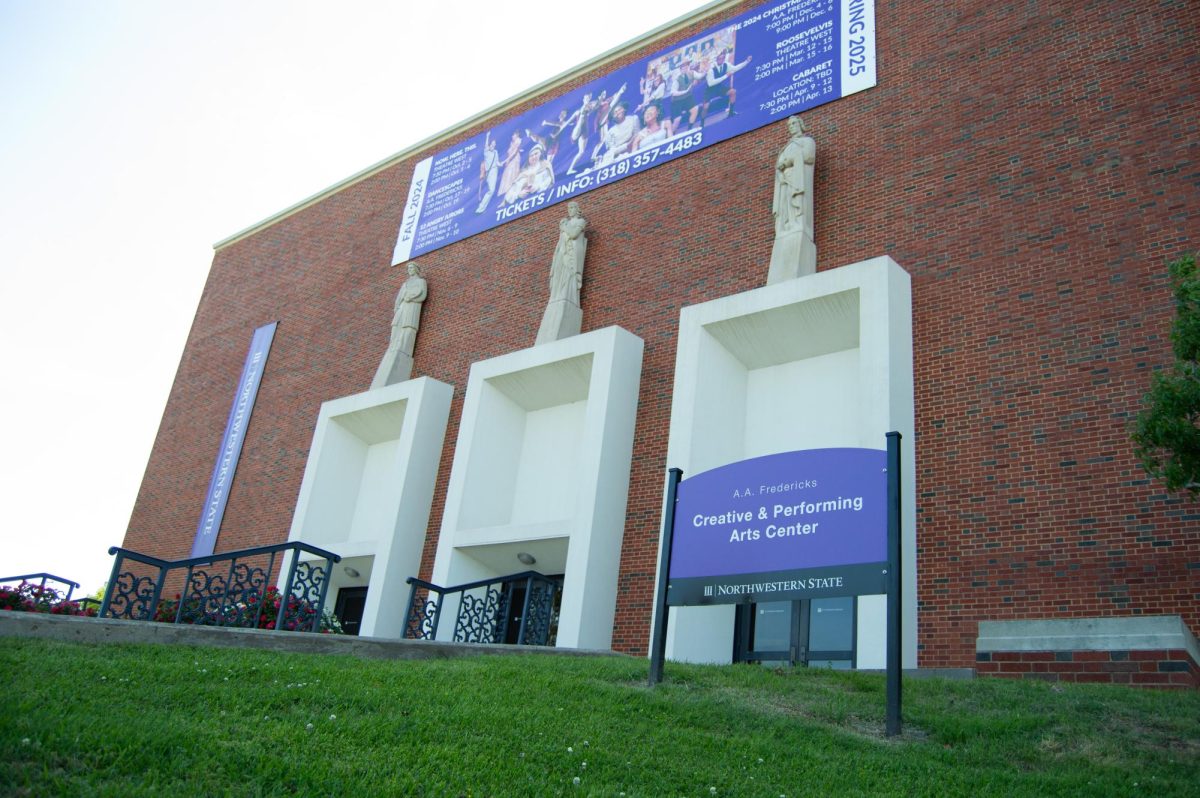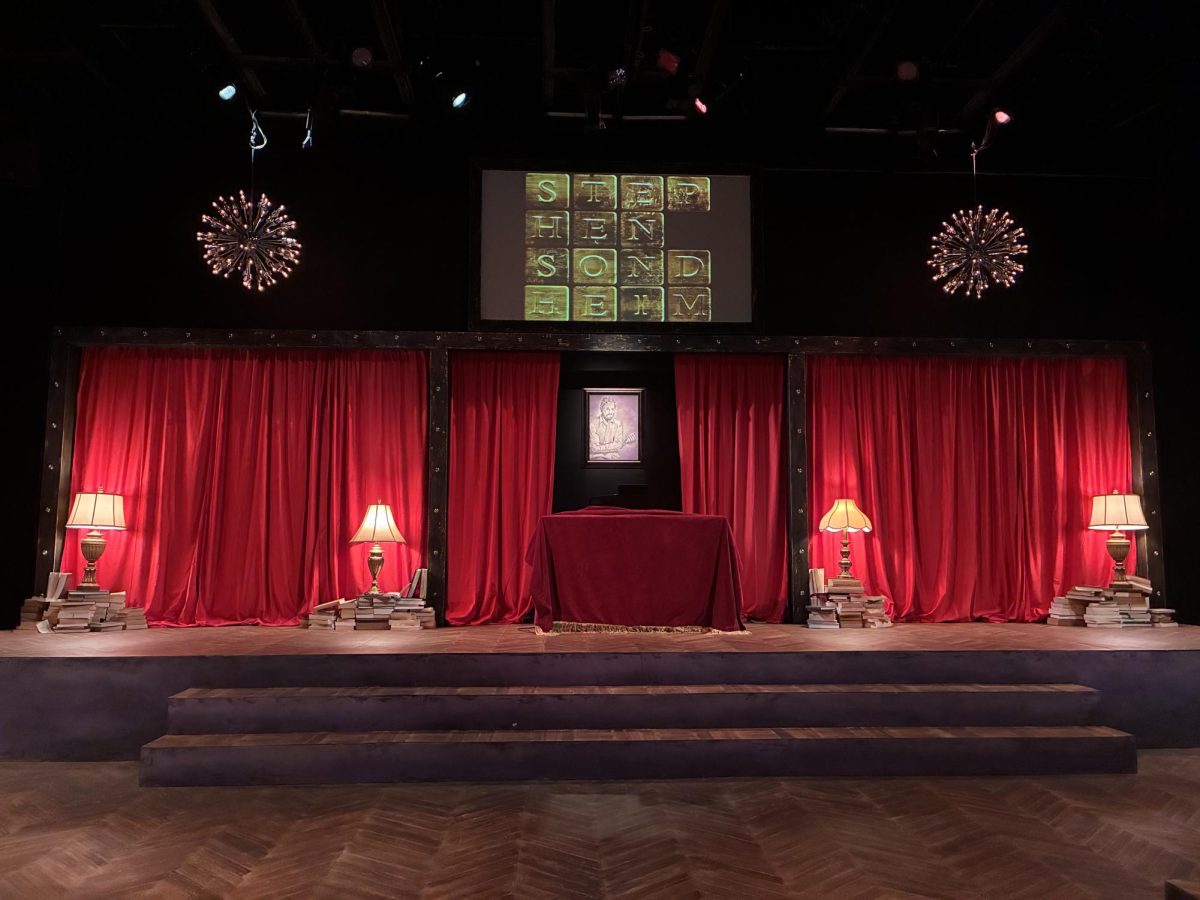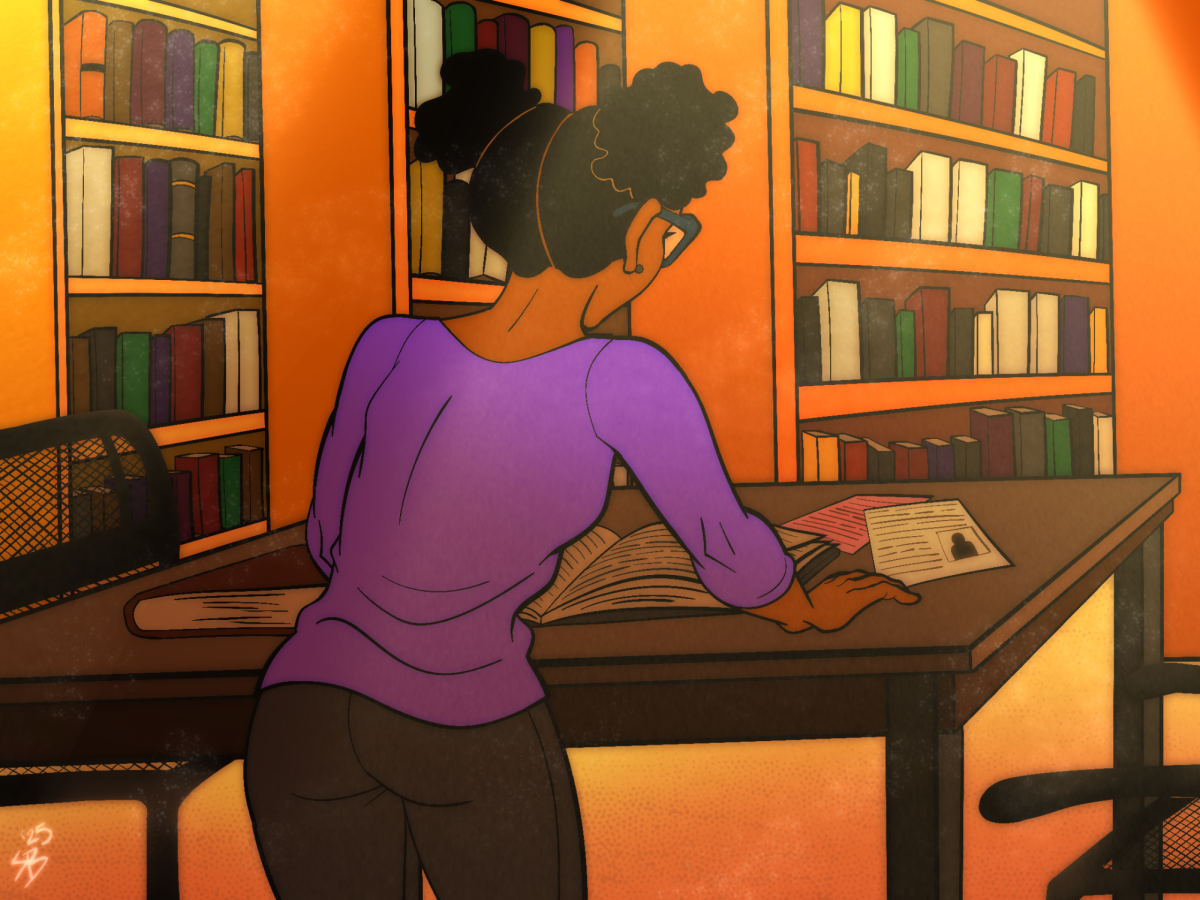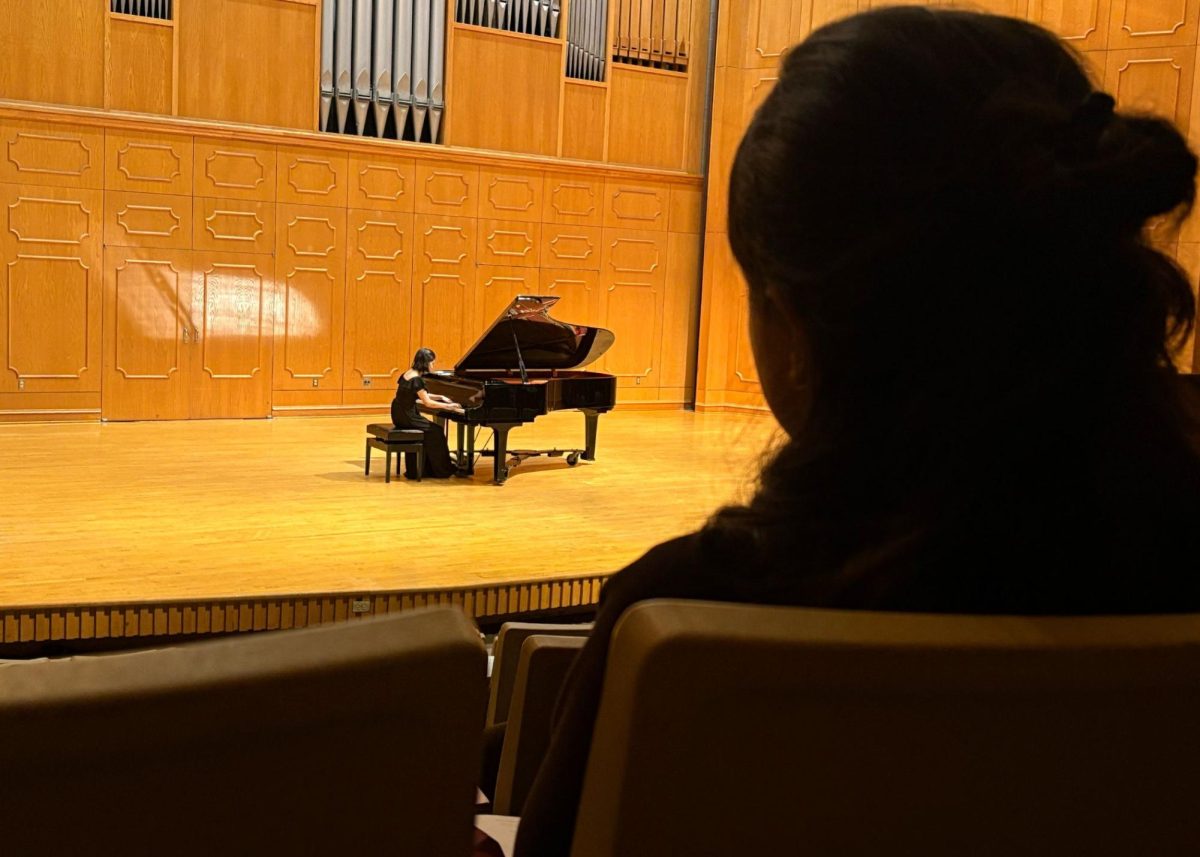Students at Northwestern State University of Louisiana who live on-campus are no strangers to noisy residence life. From loud upstairs neighbors to roommates who don’t wake up to their alarms, NSU students deal with the reality of living in a noisy environment.
Jacobi Coe, a sophomore music business major and Varnado Hall resident, shared his experience with loud neighbors. “Sometimes my neighbors are literally screaming to the top of their lungs, playing video games — literally next door from me at like one in the morning,” Coe said.
This situation does not only happen in Varnado Hall; it can be felt across all the residence buildings. Maria Guzman, senior business administration major and University Columns resident, has also had problems with noisy neighbors.
“The most noise I experience is from the people above me. Sometimes their alarms go off — I can hear it. If they’re walking around or they get out of bed — I can hear it,” Guzman said. “I can hear their shower, but specifically my roommate more than anything else is where the noise comes from.”
Trevon Bradford, freshman health and exercise science major and resident of University Place 2, has had a similar experience to Coe, hearing neighbors through the wall.
“Sometimes it gets annoying, like when somebody’s stomping around,” Bradford said.
However, Bradford shared that he has not filed a noise complaint.
“But it’s like — it’s college, people have fun, and I wouldn’t want to ruin somebody’s fun,” Bradford said.
However, if students would like to file a noise complaint, any resident can report concerns to the housing office at their community clubhouse. After hours, residents can contact the Resident Assistant on call.
Students are also able to report noise complaints through the NSU Campus Shield App. Wesley Harrell, captain for University Police, explained how the NSU Campus Shield app can be used to report noise complaints.
“It’s an added tool and you can report anonymous tips and noise disturbance and complaints in there as well,” Harrell said. “We suggest students use the campus shield app to call us when they need us because they are our community.”
Students can use the Campus Shield app to file noise complaints by clicking the Anonymous Tips icon at the top of the screen and selecting Disturbance/Excessive Noise.
“It’s pretty simple. Just two clicks of a button, type a little sentence such as ‘Hey, my neighbor is yelling at someone,’ then hit submit,” Harrel said. “And we have it in real-time and they can talk back and forth to our dispatcher.”
Stephanie Dyjack, general manager of Campus Living Villages at NSU’s University Housing, recommended that students utilize the opportunity to file noise complaints when needed.
“It is important to report a concern as it is happening. Reporting later does make it more difficult for the staff to address,” Dyjack said. “Our residential community is better when we are all good roommates and neighbors.”
The Student Code of Conduct provides a concrete guideline for students to identify what situations qualify as noise complaints. It also explains the consequences for those who violate these rules.
“Disruptive conduct is materially or substantially disruptive to the normal operations of the University, or incites others to do so, in any of the following activities: teaching, research, administrative functions” Code 2.2 in the Student Code states. “Accountability proceedings, other university activities whether on or off-campus and other authorized activities that take place on campus. Disruptive conduct does not include any conduct protected by the First Amendment.”
Based on community policies of University Housing, students and their guests are expected to respect others at all times and behave in a manner that is considerate of others’ sleep and study routines. High-volume sounds are not permitted.
In the case that students do not act by these regulations, the office of housing has developed a first, second and third defense system. Traci Labom-Norris, director of the NSU Office of Student Conduct and Accountability, explained what will occur on each tier.
“First Defense: they are made aware or a warning is given. With the second defense, privilege can be removed such that guests can’t come over. The third defense would be an accountability hearing,” Labom-Norris said.
In extreme cases, the office of housing will refer students to Labom-Norris.
“That is a rare infraction to have where people had to refer them to me. More than likely, they are able to take care of it in housing” Labom-Norris said.
Most noise complaints are handled by Resident Assistants, housing staff or University Police.
“Typically, on the first occurrence, residents are reminded of the noise policy and given an opportunity to correct their behavior,” Dyjack said. “For repeated occurrences, residents will be referred to student conduct and appropriate sanctions given. Depending on the situation involving noise, different actions could be taken by the staff.”
Dorcia Gillam, a sophomore music education major and resident of University Place 1, has been on the receiving end of a noise complaint.
As the campus police knocked on the door, they warned Gilliam to bring the noise level down. Gillam and her roommates received a warning, which is described as the first defense. She explained how the University Police responded to the situation at hand.
“We had to give the police officer our I.D. and they used a scanner thing to scan them. I don’t know if they were reporting us to something or just to have it on file, I think he said for the RA,” Gillam said.
Dealing with noisy neighbors can feel frustrating and like a never-ending inconvenience. However, this is not an irregular occurrence, and there are steps to improve the situation.





















